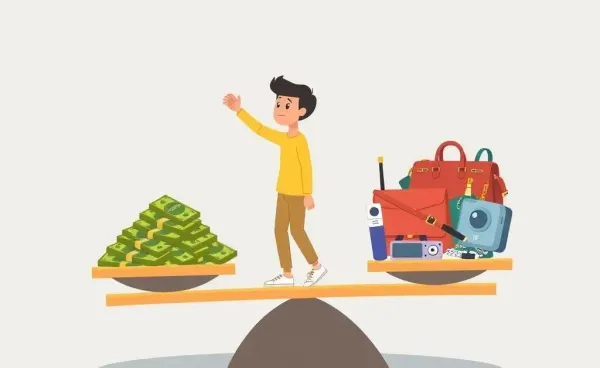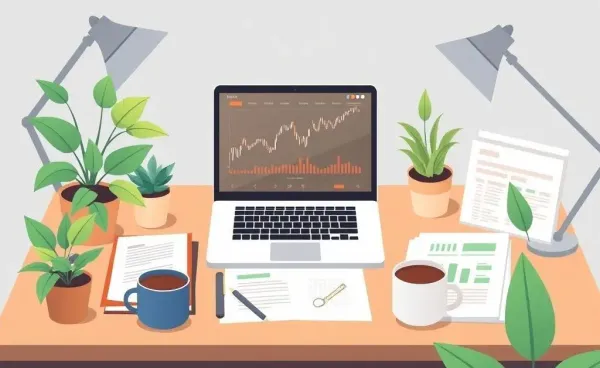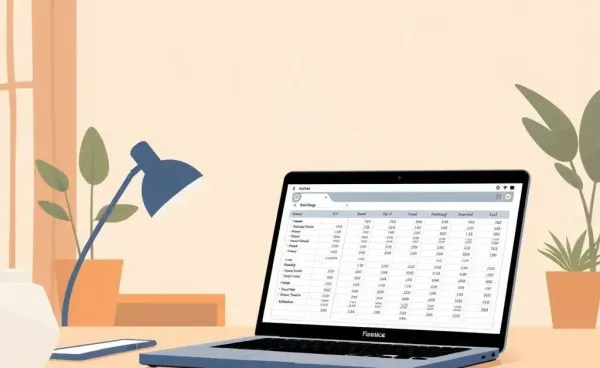Why Your Credit Score Drops When You Pay Off Debt and How to Handle It
Discover why paying off debt can lower your credit score and what to do next.
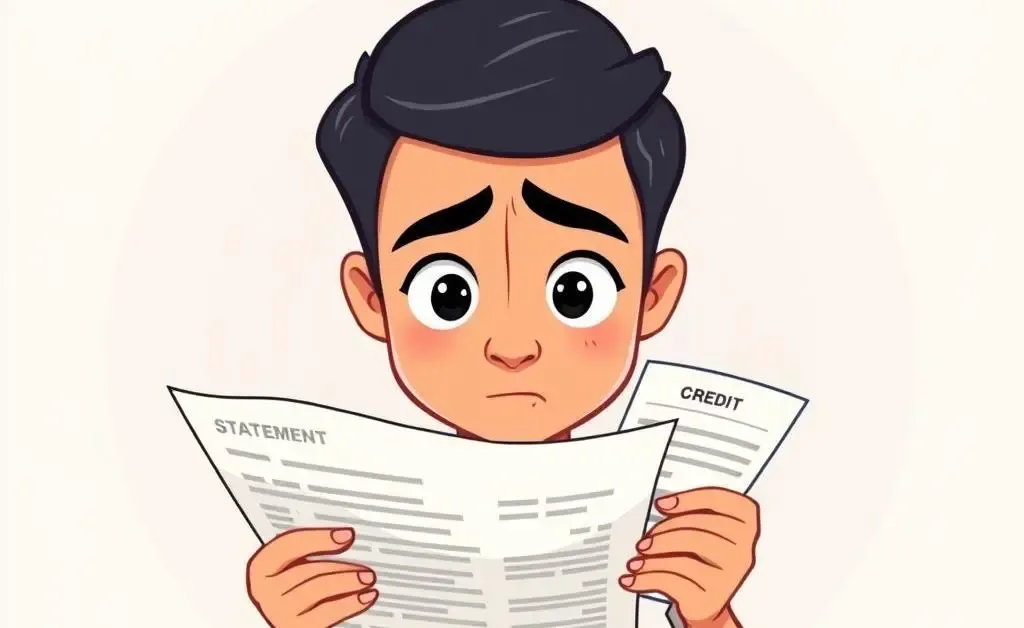
Have you ever experienced the puzzling phenomenon where your credit score takes a nosedive right after you pay off a debt? It's a little counterintuitive, isn't it? One would think settling a debt should give your score a nice little boost. This experience can leave you scratching your head, wondering what went wrong.
Understanding the Credit Score Drop
First, let's unpack why this happens. When you pay off a loan or a credit card, the account gets closed, which can affect your credit utilization ratio and length of credit history — two factors heavily weighed in calculating your score.
Why Your Credit Score Might Drop
- Credit Utilization: Paying off a credit card can reduce your overall available credit, impacting your credit utilization ratio.
- Length of Credit History: Closing an old account can lower the average age of your credit accounts, negatively impacting your score.
- Mix of Credit: Having varied types of credit can benefit your score. Paying off a particular type of debt might affect this mix.
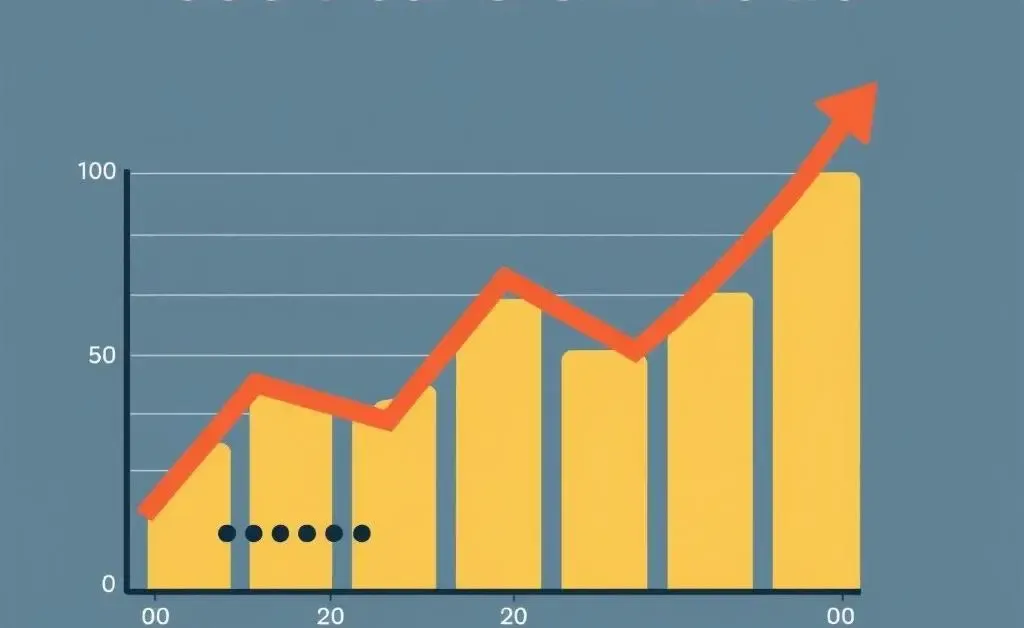
Imagine you finally paid off that car loan. You breathe a sigh of relief, expecting to enter credit utopia. However, you log into your credit score app and see a lower score. This drop might feel like a betrayal after your diligent efforts to be debt-free. You might worry if this affects your dream of buying a house or other goals requiring good credit.
Steps You Can Take
Now that you know why this happens, here's what you can do:
- Monitor Regularly: Use apps to track your score's monthly changes, and don't be alarmed by temporary dips.
- Maintain a Low Balance: If possible, keep a small recurring charge on your credit card and pay it off monthly to show consistent activity.
- Diversify Your Credit: If your score was hit hard, consider applying for a new type of credit to balance your credit mix and usage ratio.
- Be Patient: Credit scores are dynamic; they will fluctuate over time. Let your responsible actions gradually restore your score.
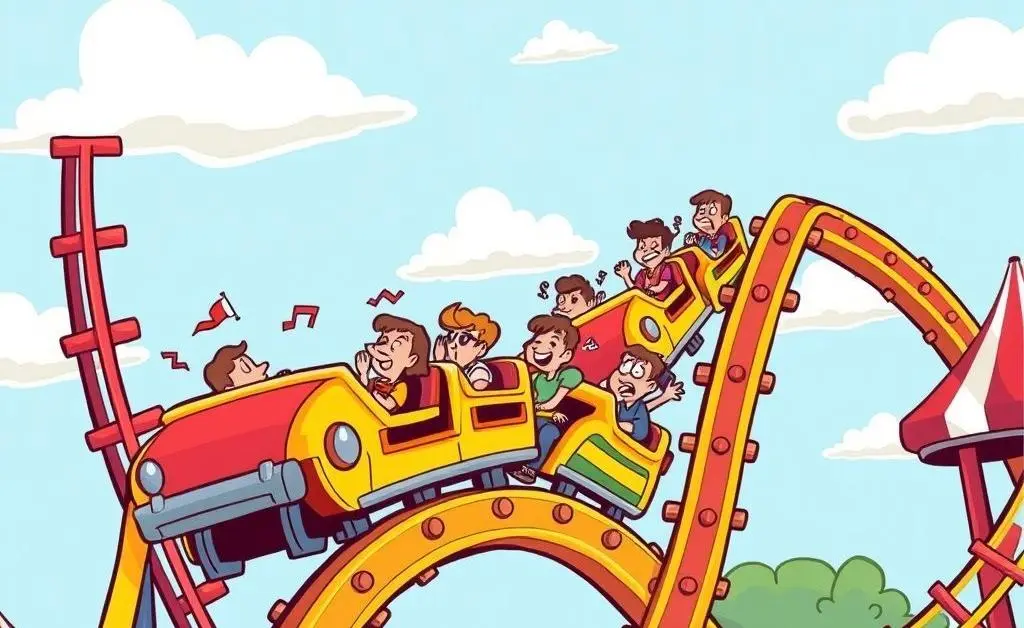
Long-Term Perspective
The most crucial thing is not to panic. Paying off debt is a positive milestone. Keep making smart financial decisions, and over time, your score will reflect your discipline and improved financial health. Think of it as a long journey — you might hit a few bumps along the way, but the destination is worth it.

Is there a specific aspect of managing your finances that has left you scratching your head? I'd love to hear your thoughts or questions in the comments below!

